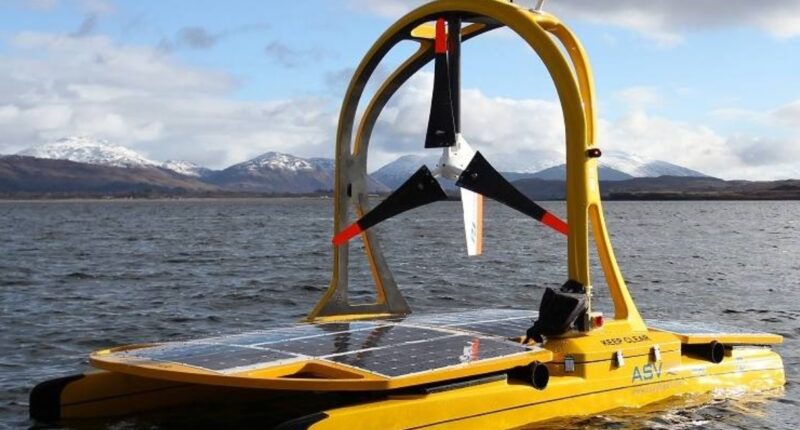
The C-Enduro vessel will feature Robosys’ VOYAGER AI system, enabling autonomous navigation and advanced decision-making for maritime operations.
Leveraging artificial intelligence, the UK is ramping up its exploration of unmanned systems for maritime operations.
The Royal Navy has contracted the University of Plymouth to equip a C-Enduro unmanned surface vessel (USV) with Robosys Automation’s VOYAGER AI autonomous navigation system.
The vessel, named “Bauza,” will be used for hydrographic and oceanographic surveys, as well as training missions.
Work is expected to be completed by the end of this year.
The integration will allow the Royal Navy to conduct over-the-horizon data gathering while ensuring troop safety and efficiency.
About VOYAGER AI
VOYAGER AI combines mission planning, radar, electronic charting, and collision and obstacle avoidance into a single, integrated control suite.
It supports routing, waypoint navigation, loitering, and anti-grounding measures, enabling safe long-range operations.
“The VOYAGER system is proven globally as being reliable and robust, and Robosys’ continued development of the platform will deliver multiple benefits as we evolve and enhance our marine autonomy fleet,” stated Professor Chris Fogwill, Executive Dean of Science and Engineering at the University of Plymouth.
Robosys will also provide its recently introduced USV Remote Control Waistpack, letting operators switch seamlessly between shore-based control centers and nearby vessel control.
“Marine autonomy is a critical element of the UK’s defense and resilience operations. With Plymouth recently named the National Centre for Marine Autonomy, the University is driving significant advances in the innovative applications of this technology,” added Fogwill.